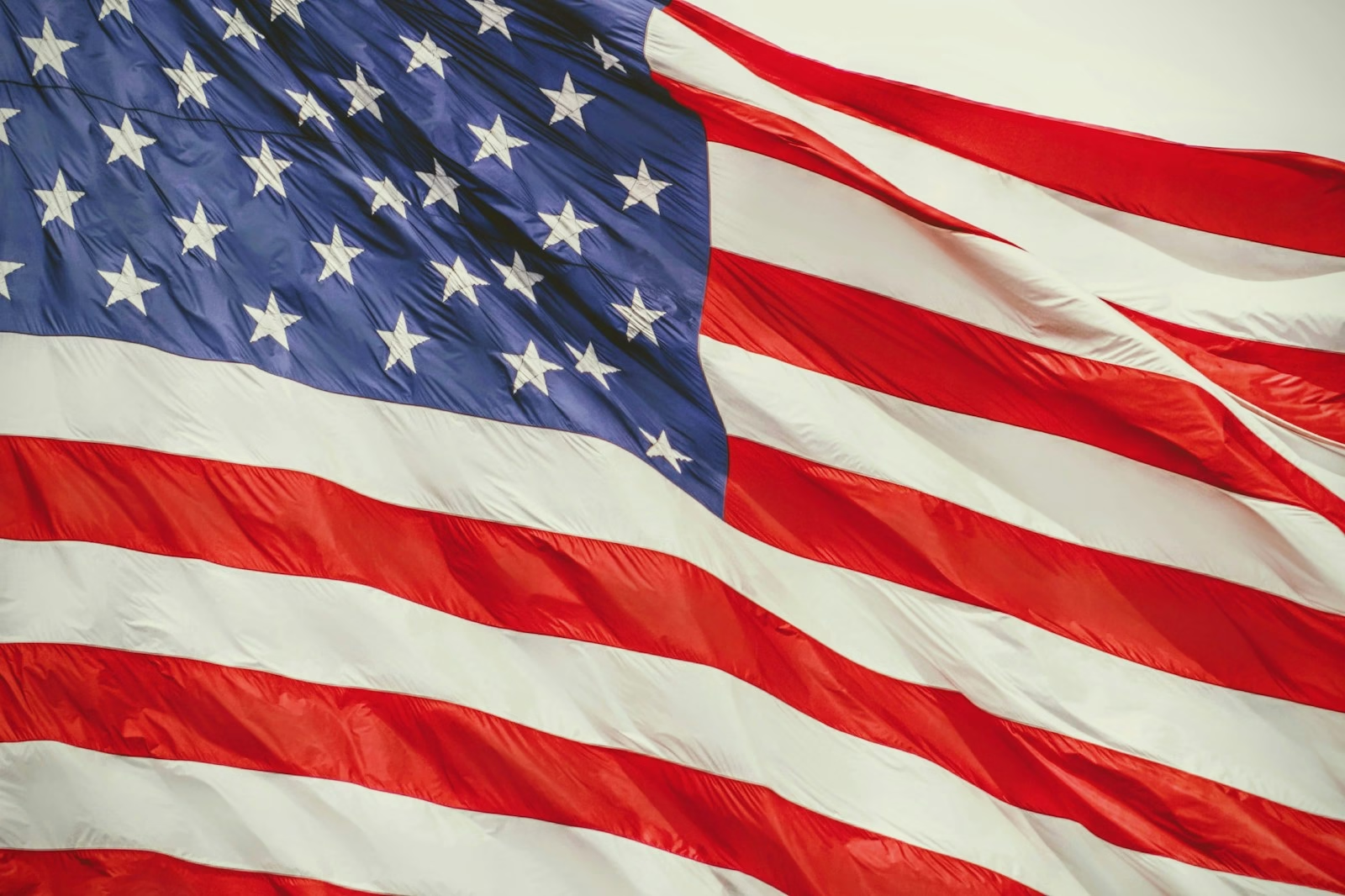Key Takeaways:
- Attorney General Pam Bondi made confusing statements about hate speech enforcement.
- Her initial remarks suggested legal actions against hate speech.
- She later clarified that only speech inciting violence would face prosecution.
- Both liberals and conservatives are criticizing her mixed messaging.
Is hate speech being criminalized in the US? This question took center stage after Attorney General Pam Bondi made headlines for her remarks on the issue. Her comments stirred strong reactions across the political spectrum and ignited debates about free speech and government overreach. So, what’s really going on? Let’s break it down.
The Controversial Hate Speech Comments
Pam Bondi appeared on a podcast where she discussed the government’s role in addressing hate speech online and offline. During the interview, she seemed to suggest that the Department of Justice (DOJ) planned to crack down on those who engage in hate speech.
Right after the episode aired, social media exploded. People from both the left and the right voiced concerns. Liberals worried about potential censorship. Meanwhile, conservatives feared this could be used to silence opposing views.
Many people understood her comments to mean that simply expressing hateful opinions could land someone in legal trouble. That interpretation quickly became a hot-button issue.
Pam Bondi Clarifies Her Position
Seeing the backlash, Bondi took to X (formerly Twitter) to clear the air. She said that her comments were misunderstood. In her clarification, she emphasized that the DOJ does not prosecute hate speech unless it directly leads to violence.
According to her new statement, people are still free to say what they want, even if it’s offensive. The DOJ would only take action if that speech encourages or causes violence. This response was meant to reassure Americans that their First Amendment rights remain intact.
However, the damage had already been done. Critics from both ends of the political spectrum demanded a clearer policy and more responsible communication from public officials.
Why Hate Speech Is a Hot Topic
The core keyword in this debate is “hate speech.” It’s a term that’s hard to define and even harder to regulate. In many countries, hate speech laws are strict. But in the United States, the First Amendment protects almost all speech—even if it’s hurtful, racist, or offensive.
Pam Bondi’s initial remarks opened a can of worms. If the government started considering hate speech a criminal offense, where would the line be drawn? Who gets to decide what is considered hateful?
That’s why many people reacted so strongly. Free speech is a cornerstone of American democracy, and any hint of limiting it rings alarm bells.
Political Reactions on Both Sides
Unsurprisingly, Bondi’s confusion didn’t sit well with political leaders. Liberal politicians warned that policing speech could backfire. They worry it might affect efforts to shine a light on social injustices.
On the other hand, conservatives said Bondi’s comments felt like something out of a dystopian movie. Some accused her of getting too close to authoritarian behavior.
Even civil rights groups spoke up. They reminded the public that hate speech is no small issue—but laws dealing with it must be handled carefully and fairly. Otherwise, they risk infringing on basic freedoms.
Online Speech vs. Real-World Action
The internet makes hate speech more complicated. With social media, harmful words can spread quickly and reach massive audiences. Some argue that this changes the game entirely. They believe laws should evolve to deal with the real-world harm that online hate can cause.
Bondi’s comments may have touched on that idea, but the execution was poor. By not preparing an accurate or careful statement at first, she allowed the hate speech debate to spiral out of control.
Despite her later clarification, trust was shaken. Citizens and lawmakers now want more transparent and specific plans about what the DOJ will or won’t do in these cases.
What’s Next for Hate Speech Policy?
Now that this story has made the rounds, all eyes are on the DOJ. Will there be any official rules? Or will they stick to current policies that protect most forms of speech unless paired with calls to violence?
Bondi insists that no one will face punishment for simply saying offensive things. Still, many Americans are unsure. They want policies that protect them from hate but also preserve their right to speak freely.
As conversations about hate speech continue, it’s important to draw clear lines. And those lines need to come from thoughtful discussions, smart policy decisions, and, most of all, clear communication.
Final Thoughts
Pam Bondi’s comments show just how tricky hate speech laws can be. Though she offered a correction, the uncertainty around her original message created confusion. At a time when the nation is already divided on many issues, even one confusing statement can make waves.
Moving forward, both government agencies and public officials need to be extra careful with how they talk about hate speech. The line between free speech and harmful language is thin—but crossing it can have serious consequences.
And if there’s one thing this story makes clear, it’s that Americans care deeply about protecting freedom while also staying safe. Finding that balance must be the top priority in any hate speech policy.
FAQs
What exactly is hate speech?
Hate speech refers to comments or ideas that insult, threaten, or target a group based on race, religion, gender, or similar traits.
Is hate speech illegal in the United States?
Not usually. While hate speech is offensive, it’s typically protected by the First Amendment—unless it leads to violence or threatens public safety.
Can I get arrested for saying something offensive?
Simply saying something offensive won’t get you in legal trouble. But if your words incite violence or law-breaking, that’s a different story.
Why did Pam Bondi’s comments cause so much drama?
Her initial words made it sound like the government would punish people just for saying hateful things. Though she later clarified, the damage was already done and sparked strong public reactions.
